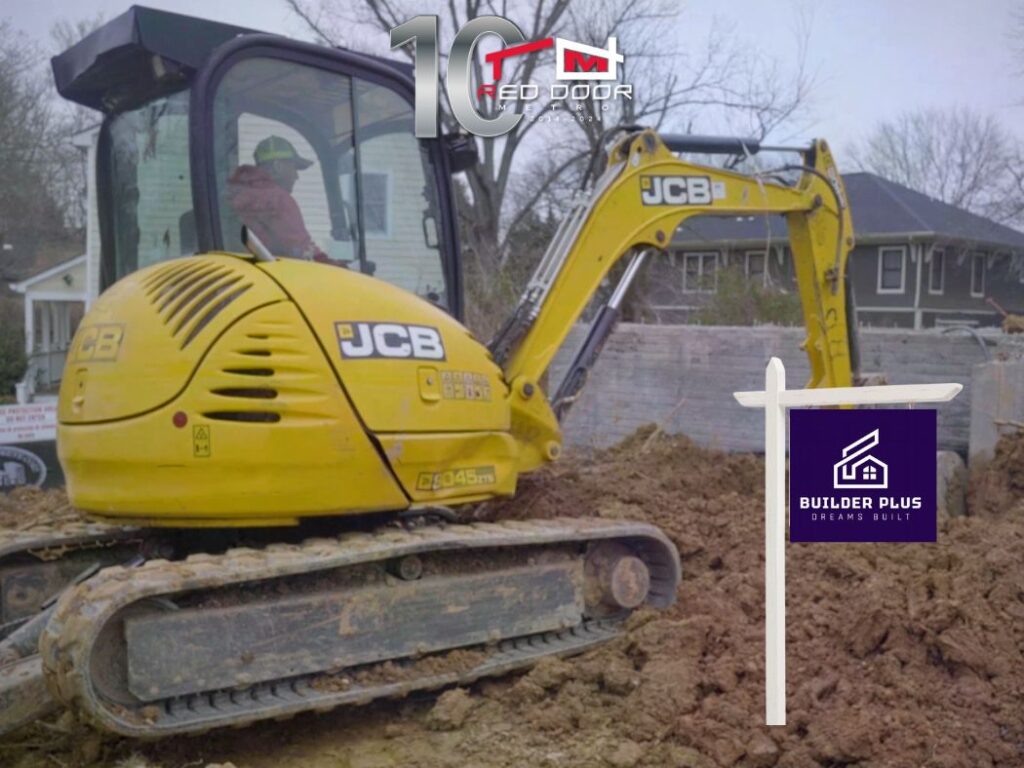
Building a new home is a significant investment and a complex process. Selecting the right home builder is crucial to ensuring your dream home becomes a reality.
Understanding Your Needs and Preferences
- Define your dream home: Visualize your ideal living space, considering factors like size, style, number of bedrooms, and specific features.
- Set a realistic budget: Determine how much you can comfortably allocate for the construction process, including land costs, building permits, and potential unexpected expenses.
Researching Potential Builders
- Local builders: Prioritize builders with a strong local presence and a proven track record.
- Online reviews and testimonials: Read reviews and testimonials on various platforms to gauge customer satisfaction and builder reputation.
- Builder websites: Explore builder websites to learn about their experience, portfolio, and services offered.
- Industry associations: Check if the builder is affiliated with reputable industry associations like the National Association of Home Builders (NAHB).
Visiting Model Homes and Showrooms
- Tour model homes: This allows you to assess the builder’s craftsmanship, attention to detail, and design aesthetics.
- Compare finishes and materials: Evaluate the quality and variety of materials used in the model homes.
- Discuss customization options: Inquire about the builder’s flexibility in incorporating your desired features and modifications.
Asking the Right Questions
- Experience and expertise: Inquire about the builder’s years of experience, the types of homes they specialize in, and their familiarity with local building codes and regulations.
- Licensing and insurance: Verify that the builder holds the necessary licenses and carries adequate insurance coverage to protect your investment.
- Project timeline: Discuss the estimated construction timeline, including potential delays and factors that could impact the schedule.
- Warranties and guarantees: Understand the warranty coverage offered by the builder for both the structure and specific components.
- Subcontractor relationships: Ask about the builder’s relationships with subcontractors, as their quality of work can significantly impact the overall project.
- Communication and customer service: Assess the builder’s responsiveness, communication style, and commitment to customer satisfaction.
- Financial stability: Verify the builder’s financial health to ensure they can complete the project without financial setbacks.
Obtaining References and Testimonials
- Request references: Ask the builder for a list of previous clients you can contact to discuss their experience.
- Contact references: Reach out to the provided references to inquire about the builder’s performance, project timeline adherence, and overall satisfaction.
Reviewing Contracts and Agreements
- Thorough review: Carefully examine the construction contract, including detailed specifications, payment terms, change order procedures, and dispute resolution mechanisms.
- Consult with legal counsel: Consider seeking legal advice to review the contract and protect your interests.
Additional Tips
- Get multiple quotes: Compare bids from different builders to ensure you’re getting a fair price.
- Visit construction sites: Observe the builder’s work ethic, organization, and attention to detail on active projects.
- Build a strong relationship: Effective communication and collaboration with the builder are essential for a successful project.
By following these steps and conducting thorough research, you can increase your chances of finding a reliable and competent home builder to bring your dream home to life.
Remember: Building a home is a significant investment, so take your time, ask questions, and trust your instincts when making your decision.
Red Flags to Watch Out For When Choosing a Home Builder
While it’s essential to find a reputable builder, it’s equally important to be aware of potential red flags. Here are some signs that might indicate a builder you should avoid:
Warning Signs:
- Unprofessionalism: Poor communication, lack of punctuality, or disorganization can be red flags.
- Unlicensed or Uninsured: A builder without proper licenses and insurance can pose significant risks.
- Negative Reviews: Look for consistent negative feedback about the builder’s work quality, customer service, or business practices.
- Unrealistic Estimates: Beware of bids that are significantly lower than others. This could indicate potential cost-cutting measures or hidden fees.
- Pressure to Sign: A pushy builder who pressures you to sign a contract quickly might be hiding something.
- Lack of Transparency: A builder who’s hesitant to provide details about the construction process, materials, or subcontractors could be trying to hide something.
- Poor Contract Terms: Unclear or one-sided contract terms can leave you vulnerable to disputes and financial losses.
- Subcontractor Issues: Frequent changes in subcontractors or difficulty contacting them can indicate potential problems.
By being vigilant and looking out for these red flags, you can protect yourself from potential pitfalls and increase your chances of finding a reliable home builder.


